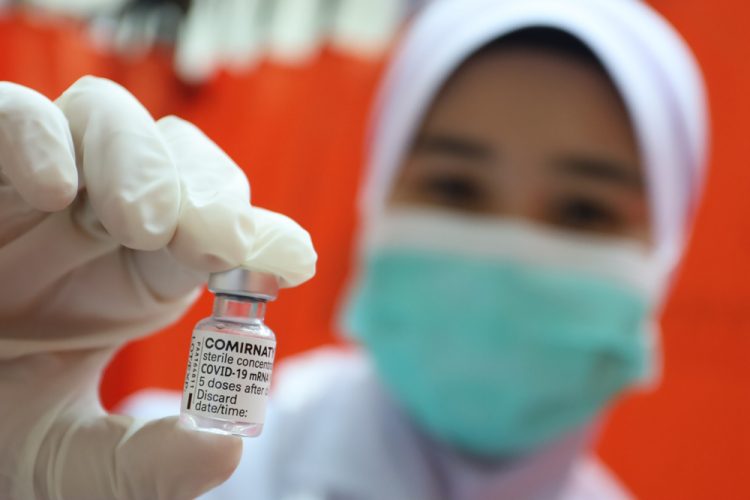Comirnaty® booster dose displays high efficacy in Phase III study
The vaccine showed a relative vaccine efficacy of 95.6 percent and is the first efficacy results from a COVID-19 vaccine booster trial.
Pfizer and BioNTech have announced topline results from a Phase III randomised, controlled trial evaluating the efficacy and safety of a 30µg booster dose of the COVID-19 Vaccine Comirnaty® in more than 10,000 individuals 16 years of age and older. In the trial, a booster dose administered to individuals who previously received the primary two-dose series restored vaccine protection against COVID-19 to the high levels achieved after the second dose.
The vaccine showed a relative vaccine efficacy of 95.6 percent when compared to those who did not receive a booster. These are the first efficacy results from any randomised, controlled COVID-19 vaccine booster trial.
All trial participants previously completed the primary two-dose series of the vaccine, and then were randomised 1:1 to receive either a 30µg booster dose or placebo. The median time between second dose and administration of the booster dose or placebo was approximately 11 months. Symptomatic COVID-19 occurrence was measured from at least seven days after booster or placebo, with a median follow-up of 2.5 months. During the study period, there were five cases of COVID-19 in the booster group, and 109 cases in the non-boosted group.
The observed relative vaccine efficacy of 95.6 percent reflects the reduction in disease occurrence in the boosted group versus the non-boosted group in those without evidence of prior SARS-CoV-2 infection. The adverse event profile was generally consistent with other clinical safety data for the vaccine, with no safety concerns identified.
Pfizer and BioNTech plan to submit detailed results from the trial for peer-reviewed publication. The companies also plan to share these data with the US Food and Drug Administration (FDA), European Medicines Agency (EMA) and other regulatory agencies around the world.
“These results provide further evidence of the benefits of boosters as we aim to keep people well-protected against this disease,” stated Albert Bourla, Chairman and Chief Executive Officer at Pfizer. “In addition to our efforts to increase global access and uptake among the unvaccinated, we believe boosters have a critical role to play in addressing the ongoing public health threat of this pandemic. We look forward to sharing these data with health authorities and working together to determine how they can be used to support the rollout of booster doses around the world.”
Related topics
Big Pharma, Biopharmaceuticals, Clinical Trials, Data Analysis, Dosage, Drug Safety, Immunisation, mRNA, Research & Development (R&D), Vaccines, Viruses










